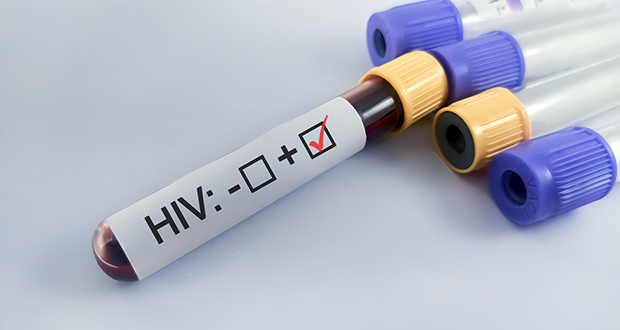HIV Diagnoses in Ireland Dip Below Pre-Pandemic Levels, But Late Diagnoses Remain A Concern
New data reveals a decrease in new HIV diagnoses in Ireland compared to the period before the COVID-19 pandemic, but a worrying trend of late diagnoses persists. The Health Protection Surveillance Centre (HPSC) released the figures ahead of World AIDS Day this Sunday, shedding light on the evolving landscape of HIV in the country.
A Closer Look at the Numbers
In 2023, Ireland recorded 911 total HIV diagnoses. However, a significant portion (61%) were individuals already aware of their status upon arrival in Ireland. An additional 20% had an unknown diagnosis history. Focusing on first-time diagnoses, 173 new cases were reported in 2023, translating to a rate of 3.4 per 100,000 population. This marks a decrease from 2019, where 190 cases were reported.
While the initial drop in cases during the early pandemic years (reaching 123 in 2020) offers some hope, the number of first-time diagnoses has been climbing steadily year-on-year. A total of 127 new cases were diagnosed in 2021, followed by 169 in 2022.
Distribution and Trends
The data reveals notable trends within the diagnoses:
-
Heterosexual Transmission: Heterosexuals accounted for half of the first-time diagnoses in 2023.
-
gbMSM Cases Decline: The rate among gay, bisexual, and other men who have sex with men (gbMSM) saw a decline, partially attributed to initiatives like access to pre-exposure prophylaxis (PrEP).
-
Late Diagnoses: A concerning 39% of first-time diagnoses were identified late, with heterosexual men showing a particularly delayed diagnosis trend.
Importance of Early Detection
The HPSC emphasizes the critical importance of early diagnosis and treatment for HIV.
"[Quote from an HPSC official about the importance of timely treatment]," the report highlights.
Advancements in HIV treatment have made remarkable strides, allowing people diagnosed with the virus to have a life expectancy similar to the general population. Timely access to medication also significantly reduces the risk of onward transmission.
Addressing the Challenges: Expanding Access & Awareness
The HPSC report outlines key recommendations for addressing the challenges related to HIV in Ireland:
-
Targeted Testing: Expansion of targeted testing programs, particularly focusing on migrants originating from regions with high HIV prevalence rates.
- Healthcare Worker Awareness:
Improving awareness among healthcare professionals to facilitate the timely identification and referral of individuals who may be at risk or showing symptoms associated with HIV.
Looking Ahead: World AIDS Day and Beyond
World AIDS Day serves as a crucial reminder to show support for those living with HIV, commemorate those who have succumbed to the virus, and reaffirm commitment to ending the AIDS epidemic.
The UNAIDS theme for 2024, “Take the Rights Path,” underscores the urgent need to address human rights gaps that impede progress towards ending AIDS.
In Ireland, the HSE offers free home testing kits for STIs and HIV, readily available for personal use through their website. Testing services can also be accessed at various healthcare facilities, including STI clinics, GPs, and student health services.
The fight against HIV requires a multifaceted approach, involving ongoing research, public awareness campaigns, accessible testing services, and a commitment to ensuring equitable access to Iw verg treatment and care. Let’s continue the conversation – share your thoughts and insights on how we can collectively work towards ending the AIDS epidemic.

